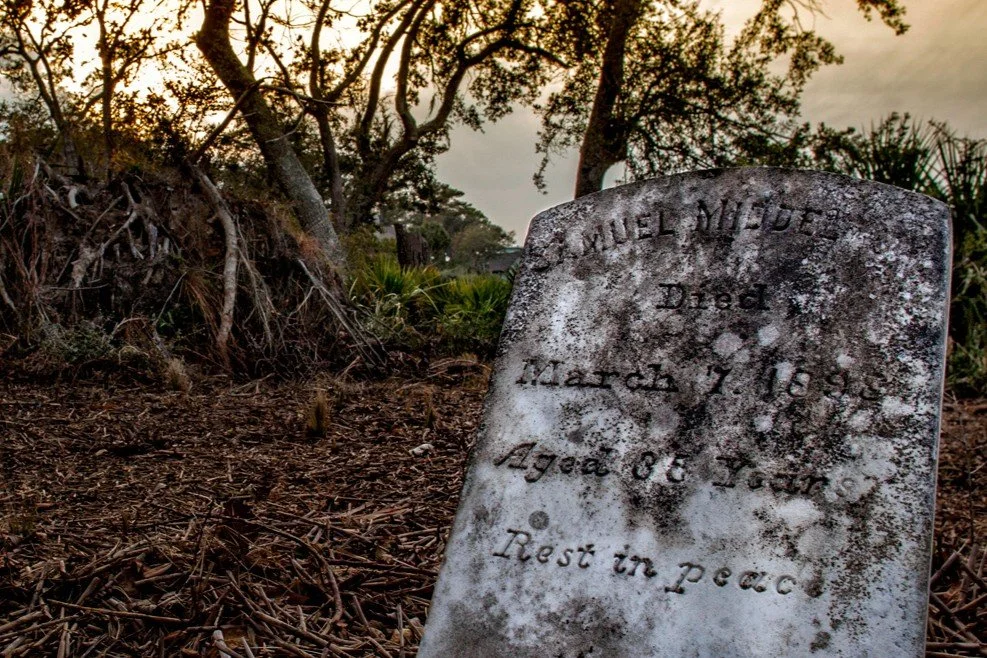Fish Haul Beach Park is adjacent to the historic Mitchelville Freedom Park, the site of the first self-governing town of formerly enslaved African Americans in the United States. Established in 1862, Mitchelville was a symbol of freedom and self-determination. Today, Fish Haul Beach Park offers a serene environment for reflection and connection to this significant heritage.
Read MoreSingleton Beach is named after the Singleton family, one of Hilton Head's original Gullah families. Namen Singleton, who purchased his first land at age 12 after emancipation, and his son Ezekiel, acquired over 200 acres, including the area now known as Singleton Beach. This beach became a popular destination for African Americans from cities like Atlanta, Charleston, and Savannah, offering a range of Black-owned establishments, including restaurants, diners, and nightclubs.
Read MoreExperience a powerful story of resilience, self-determination, and legacy. At Historic Mitchelville Freedom Park, you’ll walk the sacred ground of the first self-governed town of formerly enslaved people in the United States.
Read MoreStanding for nearly three centuries, the Barnwell Tabby tells a story that continues to reveal its secrets. Once thought to date from the 1800s, this North Island landmark was actually built between 1730 and 1750 — predating the American Revolution and challenging earlier beliefs about Hilton Head Island’s colonial period.
Read MoreThe Heritage Library is a non-profit organization in Hilton Head Island, South Carolina, dedicated to preserving and sharing the island's unique history and culture. It serves as a resource for both residents and visitors interested in local history, genealogy, and the region's historical significance.
Read MoreAmong the historic African American cemeteries on Hilton Head Island, Amelia Cemetery contributes to the tapestry of Gullah heritage.
Read MoreLocated in Sea Pines, this cemetery dates back to the Civil War era and was originally a Gullah burial ground. It features unique burial customs, including the placement of personal items on graves, reflecting West African traditions.
Read MoreSituated near Shelter Cove Plaza, this cemetery is a reminder of the island's plantation history and the African American communities that lived and worked there. It includes graves of individuals who were part of the Gullah community.
Read MoreLocated on the Hilton Head Plantation, this cemetery dates back to the Civil War era and was originally a Gullah burial ground. It features unique burial customs, including the placement of personal items on graves, reflecting West African traditions.
Read MoreAmong the historic African American cemeteries on Hilton Head Island, Amelia Cemetery contributes to the tapestry of Gullah heritage.
Read MoreOnce part of the Lawton Plantation, this cemetery includes the grave of Thomas Frazier, a member of the 21st U.S. Colored Infantry during the Civil War. It serves as a testament to the African American military service during that period.
Read More








